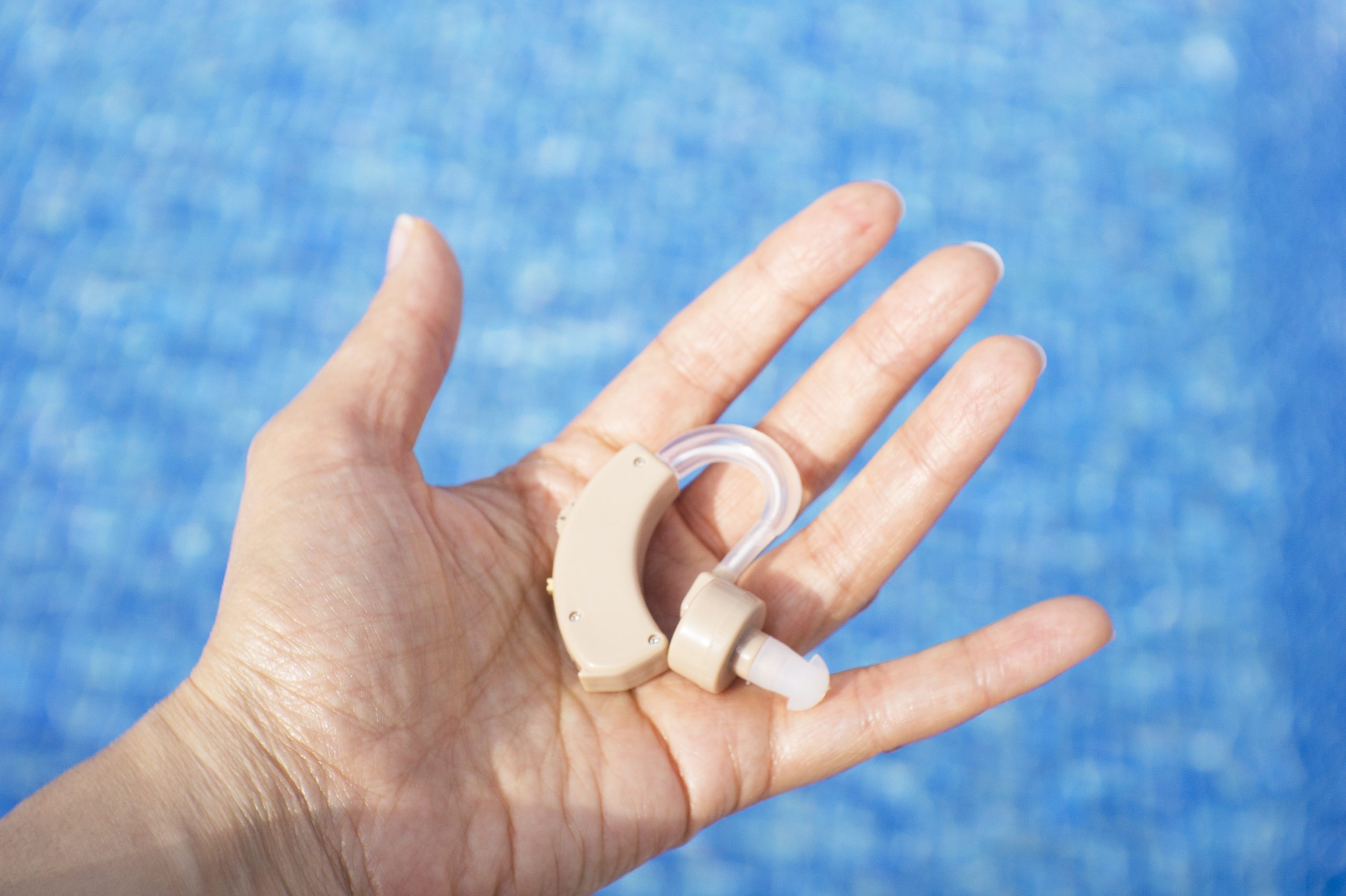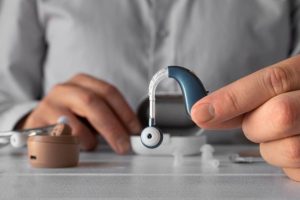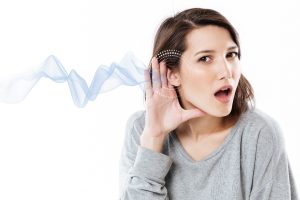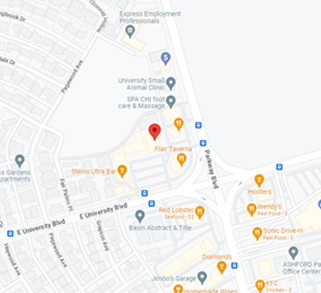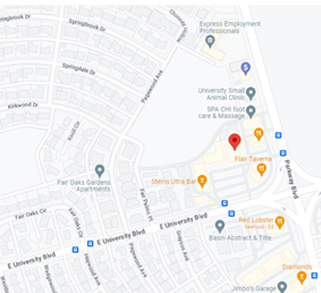Hearing aids are a necessary component of everyday life for many individuals with hearing loss. However, one of the most often asked questions is, “Are hearing aids waterproof?” Although technology has advanced significantly in recent years, it’s essential to recognize that not all hearing aids are designed to withstand exposure to water.
Understanding the distinction between water-resistant and waterproof models can help safeguard your investment and ensure long-term performance, whether you’re caught in the rain or accidentally wear your hearing aids in the shower.
Water-Resistant vs. Waterproof Hearing Aids – What’s the Difference?
The terms “waterproof” and “water-resistant” are sometimes used synonymously when referring to hearing aids; however, they are different. Water-resistant hearing aids are made to withstand mild moisture, such as sweat or humidity.
Conversely, waterproof hearing aids are designed to withstand higher levels of water exposure. However, waterproof hearing aids are uncommon and frequently have usage restrictions and instructions. The answer to the question, “Can you wear hearing aids in the shower?” varies depending on the model.
However, most hearing aids should be removed before bathing, swimming, or any other activity involving lengthy exposure to water. Even the most water-resistant devices have limits.
Understanding IP Ratings for Hearing Aids
An IP (Ingress Protection) rating indicates how effectively a device can withstand solid and liquid particles, and is used to test a hearing aid’s water and dust resistance.
Typically, an IP rating consists of two numbers, such as IP68.
- The first digit indicates protection from dust and solids (6).
- The second digit indicates protection from liquids or moisture (8).
Regarding hearing aids:
- IIP67 indicates that the gadget can withstand a 30-minute brief submersion in up to one meter of water.
- IP68 indicates that, under certain manufacturer-specified circumstances, the device can tolerate continuous submersion for more than one meter.
Even though IP68-rated hearing aids are frequently advertised as waterproof, manufacturers nonetheless advise against extended exposure to water. Tiny openings like battery compartments or microphone ports may eventually let moisture in. If you’re unsure about your hearing aid’s IP rating, a professional can explain the model’s features and the best ways to protect it.
How Moisture Affects Hearing Aids?
Even a little moisture can damage your hearing aids’ fragile circuitry. Sweat, rain, humidity, and unintentional contact with water are common causes. Moisture can affect your device in the following ways.
Corrosion – Internal parts may rust due to moisture, resulting in long-term harm.
Distortion – Muffled or distorted sound might result from water droplets inside the microphone or receiver.
Battery problems – Moisture can lead to short circuits or damage.
Malfunction – Your device may shut down entirely if exposed to dampness for an extended period.
Moisture-resistant hearing aids or protective accessories, such as waterproof hearing aid covers for swimming, can help prolong the life of your devices if you live in a humid area or have an active lifestyle.
What to Do If Your Hearing Aid Gets Wet
Accidents sometimes happen; perhaps you got caught in a shower or neglected to remove your hearing aids before showering. If your gadget gets wet, follow these steps.
Switch off the gadget right away: If necessary, remove the battery to stop additional electrical harm.
Gently dry the hearing aid: Use a gentle, dry towel to eliminate any visible moisture. Avoid using an oven, microwave, or hairdryer because heat can melt fragile parts.
Make use of a drying kit or dehumidifier: Store your device in a silica gel bottle or a drying box for hearing aids.
Don’t turn it on too quickly: Wait a day before putting the battery back in and testing the device.
Seek expert assistance: If your hearing aid doesn’t come back on or sounds distorted, visit a hearing aid specialist or arrange for hearing aid cleaning near me to evaluate your device. Thanks to their training, technicians at Roger Clark Hearing Center in Waco can handle water damage repairs properly.
Tips to Protect Your Hearing Aids from Moisture Damage
By taking good care of your hearing aids, you can prolong their life and avoid expensive repairs. Here are a few practical strategies.
- Before taking a bath or going swimming, take off your hearing aids. Water-resistant types are not without limitations.
- Don’t keep them in damp places. Never use your electronics in the restroom; store them somewhere dry and cold.
- Make use of dehumidifiers or drying boxes. Long-term moisture accumulation can be avoided with regular use.
- Clean your hearing aids every day. Hire a local hearing aid cleaner to make an appointment for deep cleaning and maintenance.
- Keep them from perspiring. Wear sweatbands or hearing aid sleeves when exercising or engaging in outdoor activities.
- Regularly replace the domes and tubing. Inside these components, moisture can build up.
- For further protection, ask your hearing aid professional about hydrophobic coatings.
Working with experts at Roger Clark Hearing, a Waco hearing center, guarantees that your gadgets are adequately maintained and tailored to your local climate if you reside in an area with high humidity or regular rain, like Texas.
Roger Clark Hearing – Improving Your Hearing No Matter What
Even while hearing aid technology advances, it’s crucial to remember that most models are water-resistant rather than completely waterproof. By being aware of the differences, you can safeguard your investment and ensure that your hearing aids function well for many years.
Contact Roger Clark Hearing if you have any questions about whether your device can withstand a particular situation or if you require professional assistance following an unintentional exposure to water.
Our staff offers dependable repairs, expert hearing aid cleaning, and individualized assistance from a reputable hearing aid specialist. We take pride in providing hearing care services in Waco to our clients, ensuring each patient gets the best treatment and direction available. If you’ve ever wondered whether hearing aids are waterproof or need guidance on moisture protection, our experts are here to help. No matter the weather, Roger Clark Hearing is your go-to partner for improved hearing—whether you need maintenance, advice, or a new set of moisture-resistant hearing aids.
FAQs
Can I swim with waterproof hearing aids on?
Swimming while wearing any kind of hearing aid is never advised.
Are water resistance and waterproofing the same thing?
Although they may withstand moisture from modest perspiration and sporadic water sprays, water-resistant hearing aids are not as watertight as waterproof ones.
